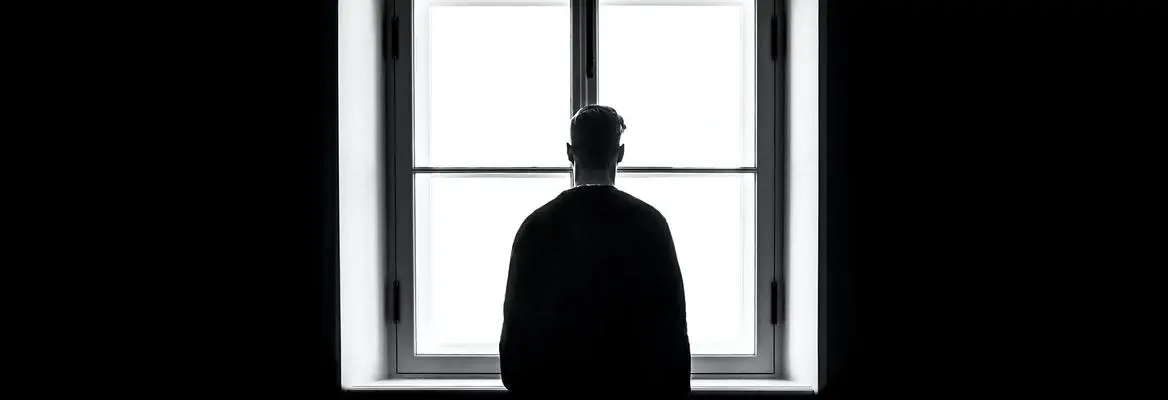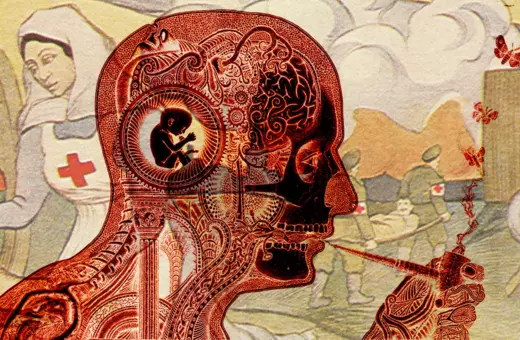We are at a moment of crisis. The narrative of the left blames neo-liberalism, while that of the right the deep state. They are both wrong. Understanding the origins of the current health crisis - one of many - is the key to understanding everything else. Sometime in the 1960s, a managerial logic took over the health sector. Doctors’ human judgement was replaced by algorithmic thinking and reliance on metrics that could be manipulated with drugs replaced the lived experience of patients. Then the same happened to economics. Unthinking techniques and reliance on metrics eventually seeped into politics. Curing contemporary medicine of its technocracy could be the model for resolving all our other crises, argues David Healy.
Rising global temperatures and increasing degradation of the environment with plastics and toxins grab our attention and leave little room for any awareness of the crises in health and social ‘care’ that may engulf us before any rising tide does. Covid disproportionately killed not just the elderly but those in ‘care’ homes. Even before Covid, however, life expectancies for all of us were falling (1). Our abilities to care for either ourselves or the environment are at crisis point, and crises like these call for leaders, but no leader seems able to treat the fractures in our politics. The Left blames neoliberalism for everything going wrong. The Right invokes a Deep State. Does anyone know what either of these is – other than the enemy? Are they the same thing?
Greed, rent-seeking and sharp practice in money matters predated the capitalism that emerged around 1800, one based on technologies that offered new opportunities to make money from investments in production rather than speculation. The supply of goods, wealth, and a belief in techne grew, and grew even quicker where socialists had a seat at the table where decisions about production were made.
Greed and sharp practice in health matters predated a medicine that emerged around 1800 based on a medical model that embraced technologies, offering new opportunities to save lives and reduce disability. Life expectancies began to rise, disabilities to fall, and a belief in techne grew. Health became a key card for socialists seeking to make industry work for all of us.
Every technology embodies a technique, an algorithm, a rule. After defeat by Napoleon, Prussia (Germany) initiated government by technique (rules), a bureaucracy. The intention was to limit the discretion of the powerful by standardising procedures.
All techniques are efficient. Standardization makes them scalable. Efficiency and scalability inevitably create an arms race - the most efficient weapons in the greatest numbers win wars - and a drive toward globalisation. But the intelligible component of a technique replaces our judgement and discretion. Techniques do rather than think; they are amoral. We are responsible for whether they enhance or diminish us. This is more obvious in the case of a technology than a technique.
Techniques do rather than think; they are amoral. We are responsible for whether they enhance or diminish us.
How management consulting ruined medicine
Techniques laid the basis for a management science, operationalism, that in the 1950s and 1960s underpinned corporate development in government, churches, and companies, and conditioned us to the idea of technocracy - a short step from neoliberalism and Deep States.















Join the conversation